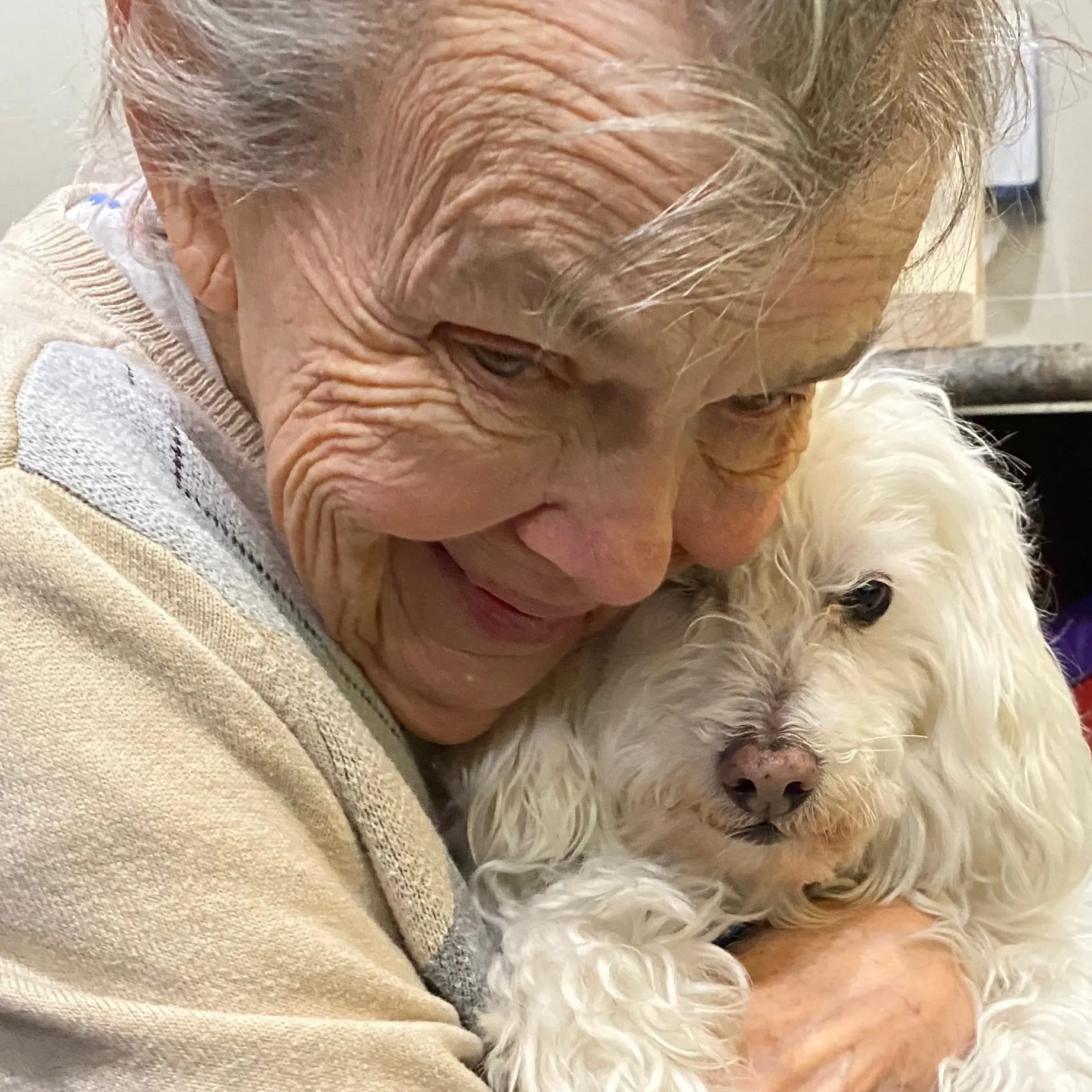Share

Memory Care at Regency Park Oak Knoll
Alzheimer’s and other dementia diseases are frequently progressive. Researchers and cognitive experts have identified the stages of dementia that will manifest over the course of the disease, each with its own challenges and needs.
Memory loss progression differs from person to person. Unlike other stages of life—for example, fetal and childhood development—there is no roadmap that tells us exactly how or when this progression will take place. How, then, can the families of memory-impaired loved ones know and provide the best care at any point in time?
Most get their best clues from observing the symptoms their loved ones are exhibiting—including changes in thinking, problem-solving, language, as well as emotions, behaviors, and perceptions. When challenges to the “activities of daily living” (ADLs) arise—such as dressing and grooming, washing and toiletry, eating and mobility—it can be confusing to know where to turn.
At Regency Park Oak Knoll, we help families and residents sort through the issues of dementia progression. We use clinical-based assessments to identify each resident’s needs and abilities, and thusly determine their initial care plan. Over time, we address our residents’ changing and developing needs through ongoing assessments.
Based on these assessments, family feedback, and research-based best practices, our care plans reflect a wide array of assistance both with ADL and memory care services, such as strategies that address emotional and behavioral support. And, of course, all daily activities are intended to reflect residents’ interests and help maintain strong social connections.
At Regency Park Oak Knoll, we take the guesswork out of how to provide the best care for residents and their families who are facing the challenges of Alzheimer’s and other memory impairments—at every stage of the disease.






